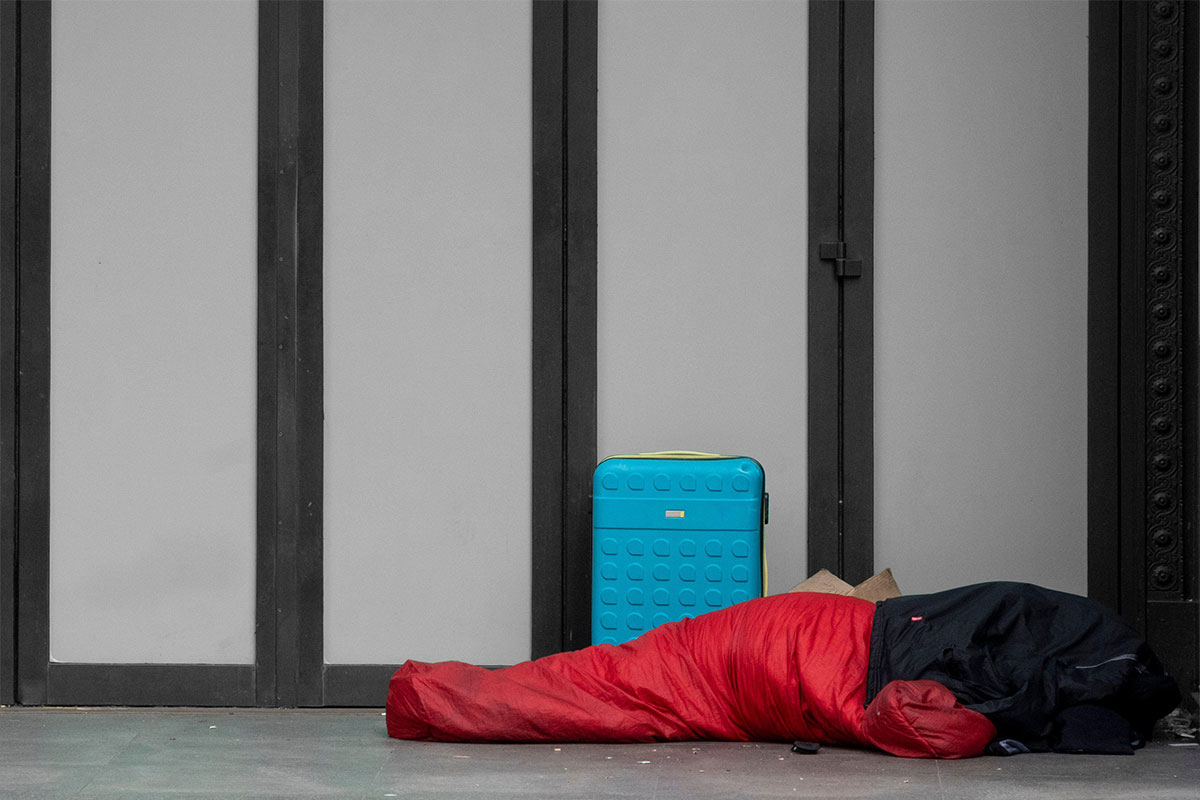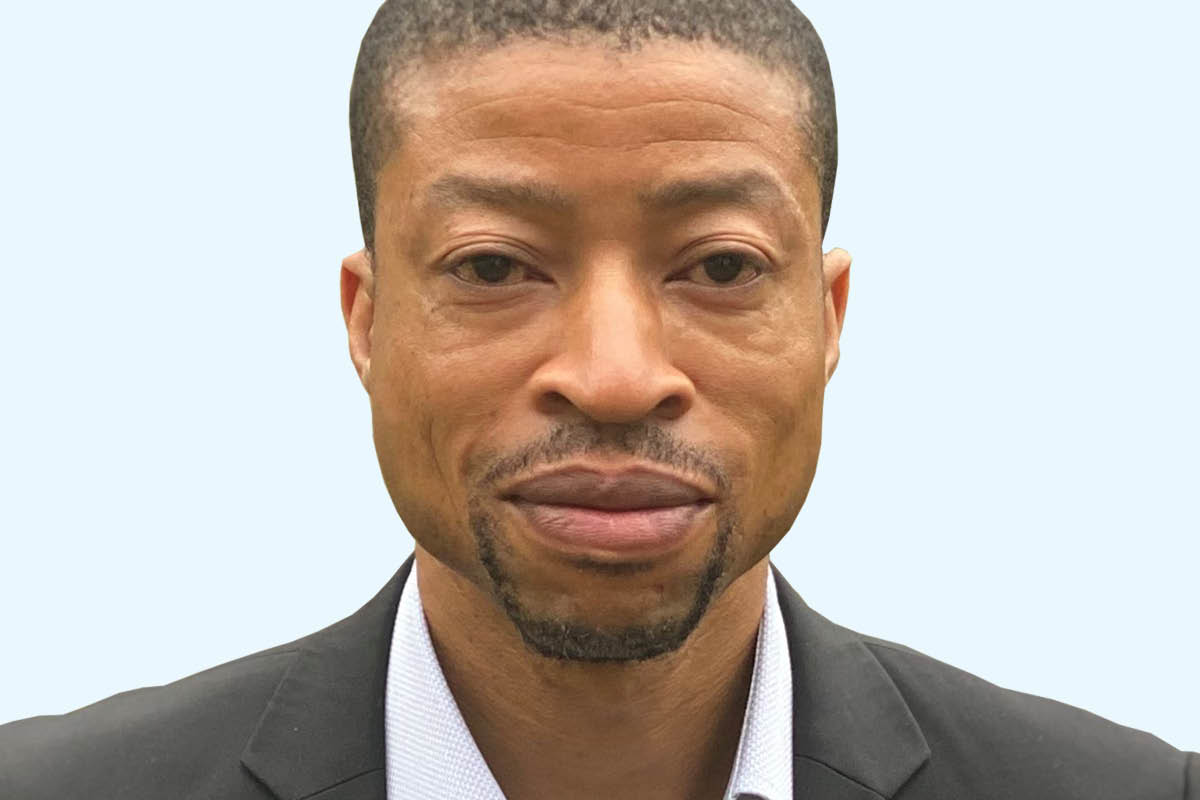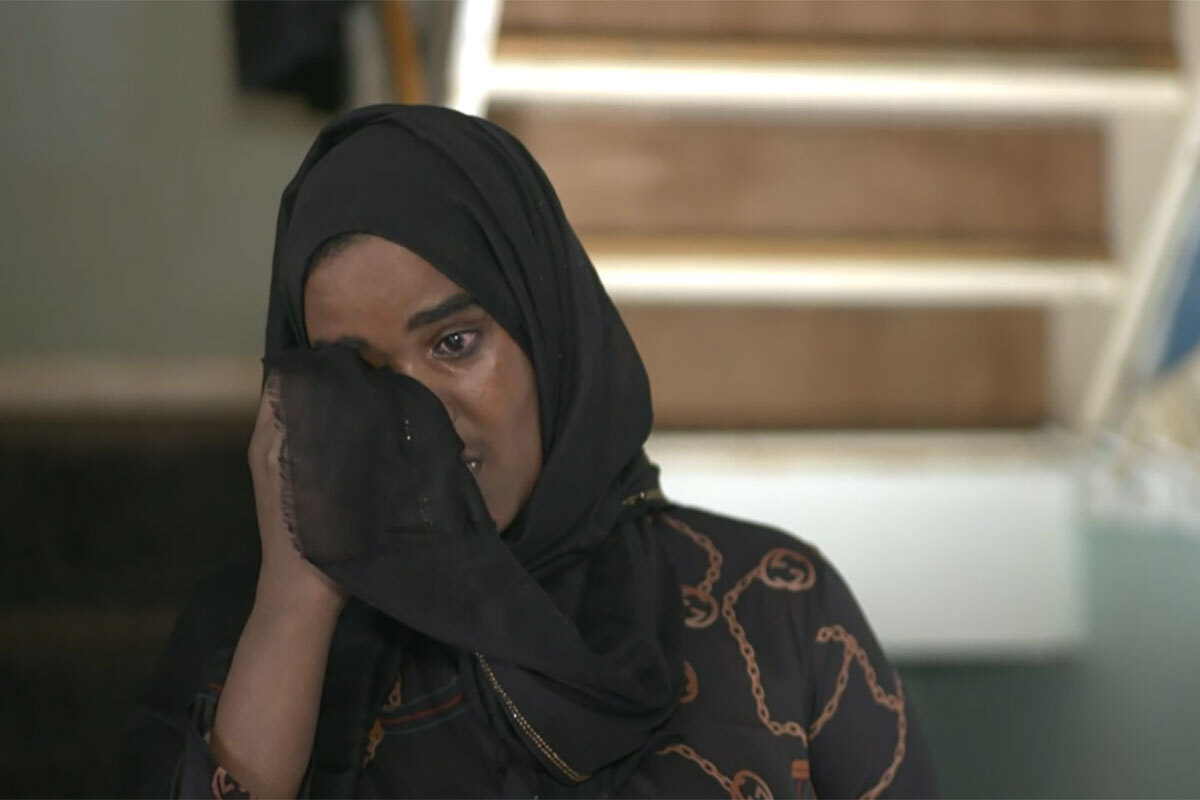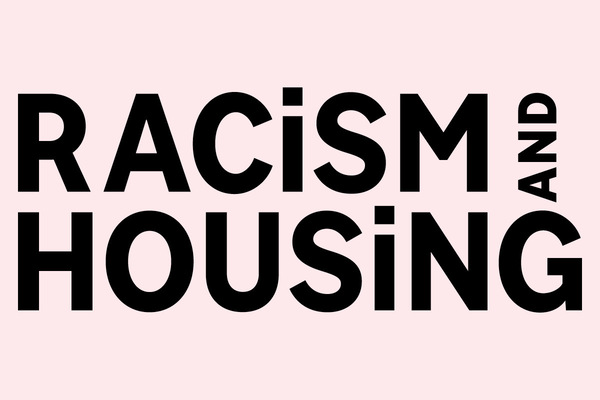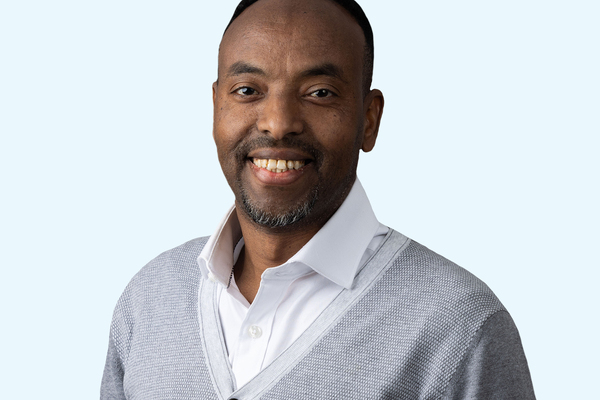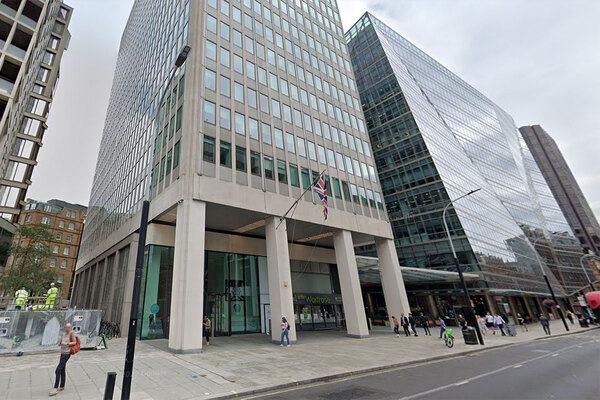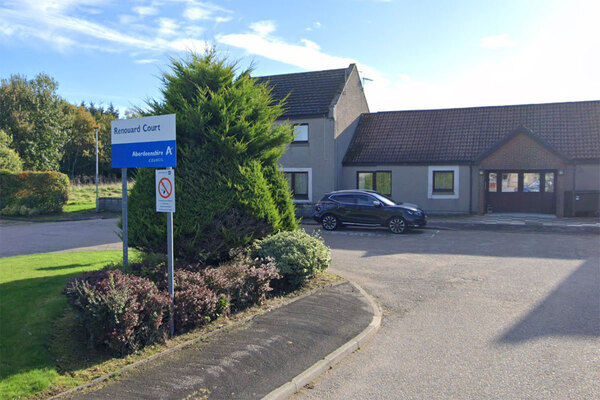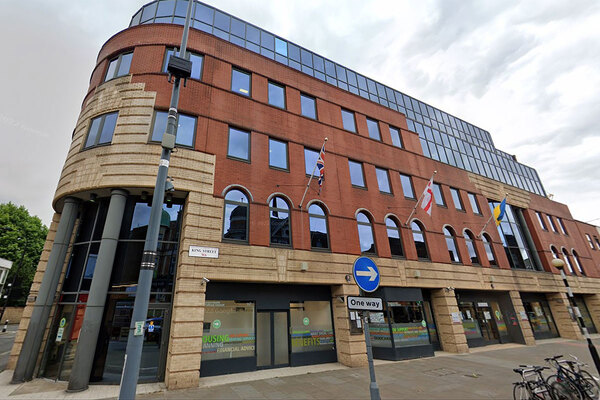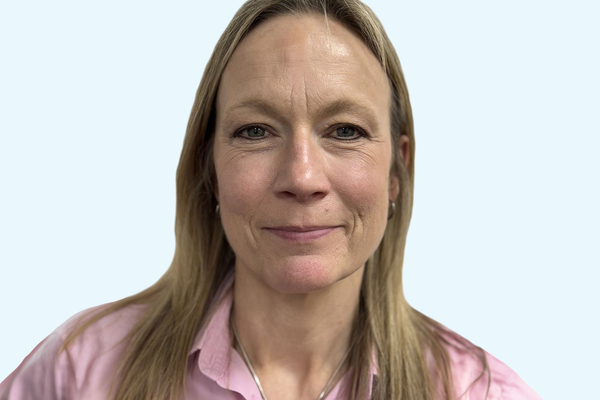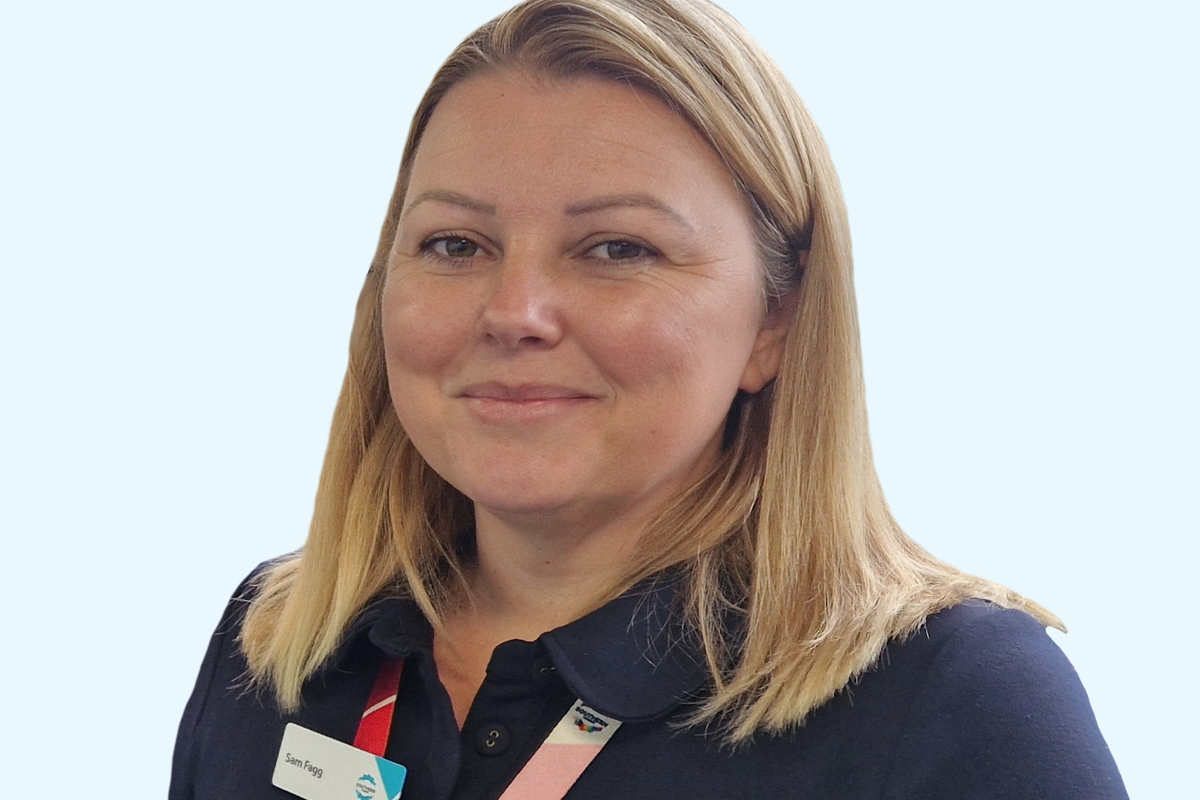How racism impacts homeless people
Structural racism is resulting in Black and minority ethnic people being excluded from homelessness services. Kate Youde finds out what is being done to change this. Picture by Alamy
During the first national lockdown last year, one charity found that some young homeless people in London were prevented from accessing support.
“You need to be bedded down to then be picked up by an outreach team,” says Jo Bhandal, campaigns, policy and research lead at LGBTQ+ youth homelessness charity Akt. “We were finding disproportionately that some of the young Black men that we support were being moved on essentially [by] police, which was then preventing them from being picked up by StreetLink.”
Ms Bhandal says this highlights some of the challenges people of colour, and particularly Black people, can face when experiencing homelessness.
Black people are nine times more likely than white people to be stopped and searched by the police in England and Wales.
Black people are also disproportionately impacted by homelessness. Households with a Black lead applicant accounted for 9.7% of the 268,560 households owed an initial prevention or relief duty in England in 2020-21, but Black people make up only 3.5% of England’s population. Households with a lead applicant of mixed or ‘other’ ethnicity were also over-represented, according to the government statistics, making up 3.2% of homeless households but 1.8% of the population.
“The fact that Black households are more than three times as likely to experience homelessness than all other ethnicities is a disgrace”
By contrast, while 84.9% of people in England are white, 69.6% of homeless households last year were white. Asian households also appear to be less likely to be homeless, accounting for 5.6% of applications compared to 8% of people.
“The fact that official government figures show Black households are more than three times as likely to experience homelessness than all other ethnicities is a disgrace,” says Polly Neate, chief executive of Shelter
[in a statement]. “Shelter’s own research has also exposed that Black and Asian households are less likely than white households to have a safe and secure home.”
In numbers
9.7%
Percentage of households with a Black lead applicant. Black people make up only 3.5% of England’s population
65%
Percentage of LGBTQ+ young people supported by homelessness charity Akt who are from a Black, Asian or minority ethnic background
3.2%
Percentage of homeless households with a lead applicant of mixed or ‘other’ ethnicity. This ethnicity makes up 1.8% of England’s population
Facing discrimination
A Joseph Rowntree Foundation briefing in September, entitled What’s causing structural racism in housing?, found that “Black, Asian and minority ethnic people in the UK disproportionately lack access to secure, good-quality and affordable homes”, with these disparities driven by labour market inequalities, immigration policy and the design of the social security system. Then there is wider discrimination, with some private landlords unwilling to rent to Black, Asian and minority ethnic households, for example.
“What is that like if you’re a person of colour and accessing the support service?”
Familial rejection and abuse when coming out or being outed is the main driver for the homelessness experienced by the LGBTQ+ young people supported by Akt, 65% of whom identify as people of colour.
Research by the charity earlier this year found that a third of LGBTQ+ young people of colour facing homelessness were not aware of any support services available to them, compared to 21% of white people. While 46% of white respondents to an online survey were aware of housing support services, only 38% of people of colour were. Ms Bhandal says this could be because there is not specific outreach in particular communities.
When LGBTQ+ young people do seek help, they will often encounter discrimination: more than half have faced some form of discrimination or harassment when accessing a service while homeless. “What is that like, then, if you’re a person of colour and accessing the support service?” says Ms Bhandal. “We know from the conversations that our case workers have with young people… that often there will be instances where people will make assumptions based on their culture and then their family background for the reasons as to why they’ve become homeless.”
Stereotyping and “inherent biases” within housing and homelessness services can be a barrier to people getting the support they need, she says.
So do organisations need to change their practices to ensure their homelessness services better serve people of colour (see box)? A number of charities that Inside Housing approached are developing work in this area, but said it is too early in their process to comment.
Hate crime in hostels
The level of verbal abuse, threats and physical assaults in homelessness hostels is such that some Black and minority ethnic homeless people do not feel safe to stay, says Alex Raikes, strategic director of Stand Against Racism & Inequality (SARI), a Bristol-based charity that supports victims of hate crime in the Avon and Somerset area. “Many would rather be street homeless if they can’t sofa-surf than go into hostels because of the racism. We have heard that anecdotally from people who have come to us, but we need a lot more research.”
The charity started working with Bristol City Council in 2019 to establish a working group with the providers of supported housing services that the local authority commissions, and develop a co-ordinated approach for responding to incidences of hate crime and discrimination. The group – comprising SARI; the council; Bristol-based conflict resolution charity Resolve West; Avon and Somerset Police; and providers of high-support housing services including St Mungo’s, the Salvation Army and Riverside – convenes quarterly, although meetings can be called whenever an urgent case needs to be discussed.#
“Many would rather be street homeless if they can’t sofa-surf than go into hostels because of the racism”
“This work is part of the administration’s commitment to learn from the tragic murders of Bijan Ebrahimi and Kamil Ahmad, and to make sure our housing systems meet the needs and aspirations of Black, Asian and ethnic minority residents across the whole city,” says Tom Renhard, cabinet member for housing delivery and homes at Bristol City Council.
Mr Ebrahimi was a disabled Iranian refugee who had repeatedly complained about the abuse he was experiencing before he was murdered by a neighbour, who wrongly identified him as a paedophile, on a council estate in Bristol in 2013. Three years later, Kurdish asylum seeker Mr Ahmad was murdered by a racist neighbour in their supported living accommodation in the city.
“We have put in place robust measures to safeguard residents and ensure we place people in appropriate homes, and respond quickly by moving them to alternative safe accommodation when issues arise, while also dealing with the perpetrator effectively,” Mr Renhard says.
The council says that its multi-agency approach is key to developing robust responses to incidents and embedding best practice into how it educates and protects residents, and prevents incidents. Ms Raikes, who says the sector is “trying very hard”, agrees, because “the perpetrators, who are predominantly complicated individuals who are service users, were basically being evicted [before the group was set up] and off they go to do it again… [Housing providers] weren’t listening to the victims”.
Now, she says, all incidents of hate crime are added to an individual’s support plan, whether victim or perpetrator, which is shared between agencies. The group’s protocol states that supported housing providers, which have to return incident reports to the council, should adopt a “zero-tolerance” approach when dealing with perpetrators but be “restorative” wherever possible. Victims and witnesses should be supported, and the perpetrator educated about the impact on victims.
Crisis is in the scoping phase of research into race, homelessness and housing precarity, which it hopes will improve both how it supports people experiencing housing difficulties and homelessness, and the organisation’s understanding of the issues.
Shelter formed an Anti-Racism Steering Group last year as part of its intent to become an anti-racist organisation. Comprising around 15 people, the group meets to “identify opportunities and barriers to dismantling systemic racism inside and outside of Shelter”.
Centrepoint established its Equity Working Group in October 2020 to eliminate “systemic disparities” that primarily impact its Black, Asian and minority ethnic employees. In the near future, the group will turn its attention to making services more equitable.
Akt is conducting research with social landlords on creating more LGBTQ+ affirmative and inclusive housing and homelessness services. The charity is asking about the additional support providers might need in order to understand the additional barriers that people of colour might face, and it hopes the research will inform a report and a tailored training programme.
There needs to be a “general drive for more inclusive and diverse services”, says Ms Bhandal.
